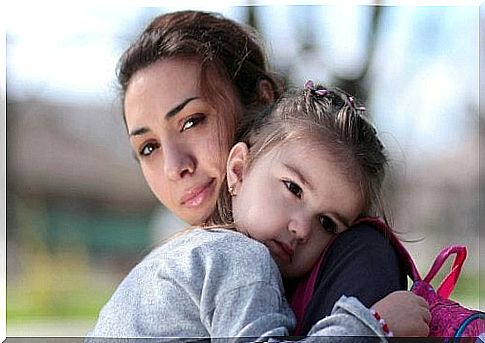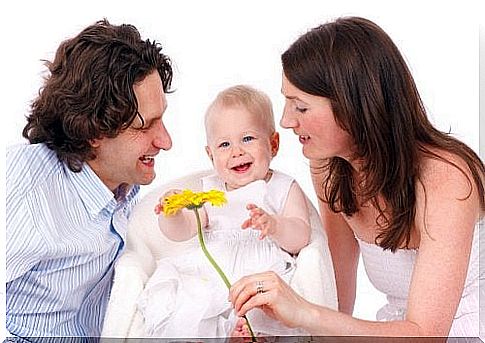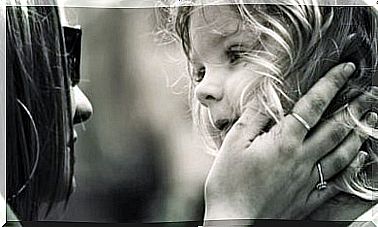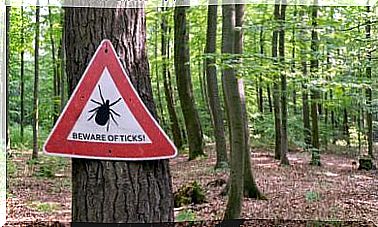The Need For Patience In Early Childhood Education

Children, these captivating little ones who give us so much joy, and to whom we declare so much love, but who with so much energy and longing for knowledge can exhaust us. This is when the need for patience in early childhood education is really important .
At
kids
go through different stages from 0 to 2 years old, when they are totally dependent on their parents, from 2 to 6 years old when they start to develop their psychomotor skills, from 6 to 11 years old, when they start to maintain social relationships and to think abstract, and from 11 years to the
adolescence
, a more difficult step that deserves a separate article.
All these steps have something in common, it is essential to resort to patience in relation to the child on the part of parents, siblings, grandparents, uncles, educators, trainers, etc… From all that environment that will influence their intellectual, psychological and moral development .
How family members influence and why the need for patience in early childhood education
Obviously, we will mainly refer to parents and family members, as they are the main actors in early childhood education. Throughout life they will be the main pillar in the formation of the minor. The values, emotions, culture, manners, everything that is transmitted to children by their families, will depend on the way of being and behaving of the future adult.

That’s why patience is essential in the entire process. The more patience you have, the more the child will develop. If when the child starts to discover things and doesn’t stop asking, if we yell and fight with him, he will associate this negative behavior with the desire for knowledge. Therefore, fears will arise when asking questions in the classroom or for anyone when they don’t know something. Which will also negatively influence your
skills
becoming a shy and withdrawn child.
Instead, if we patiently answer your questions, your child will interpret discovering and knowing things as a positive thing. This fact will stimulate your desire to study and learn, in addition to developing your ability to socialize with other people when asking and consulting. The child will not identify their lack of knowledge as something negative.
The same is true when talking about your feelings. It is good that you learn to express and identify your emotions. It is very difficult to put up with their tantrums and other moments when they show themselves as little tyrants. That is why patience is so important when facing these situations, listening to them, explaining to them that the
emotions
what they feel and how to deal with them. In this way, we will be fostering assertiveness and tolerance for frustration in the future.
Applying patience to real cases
It is very important to listen patiently to their problems and offer them help to find ways to resolve conflicts. Never ridicule and laugh at them telling them that these are not problems, that it is only adults who have problems. This is not true, for them it is a very important obstacle in terms of age and resources they have. And if they have our support in solving them, we will encourage self-confidence and respect for us, as well as empathy.

If at the time the child asks us or needs to communicate with us, we cannot assist him, do not interrupt him, wait for him to finish saying what he needs or ask the question, and explain why at that moment we cannot and then when we finish what we’re doing, we’ll talk about what you need.
For example, if it is at night and we are very tired, we can explain that we are exhausted and are going to sleep and that in the morning when we are calmer, he will have our full attention.
And all of this will result in a person with
self esteem
healthy, willing to learn, with powerful social skills, deep values, good education and a lot of patience with others. A benefit that your family members and the rest of the people with whom you have relationships will also enjoy.
Encourage patience in your children’s education, this will benefit both him, his environment and the world in general.







